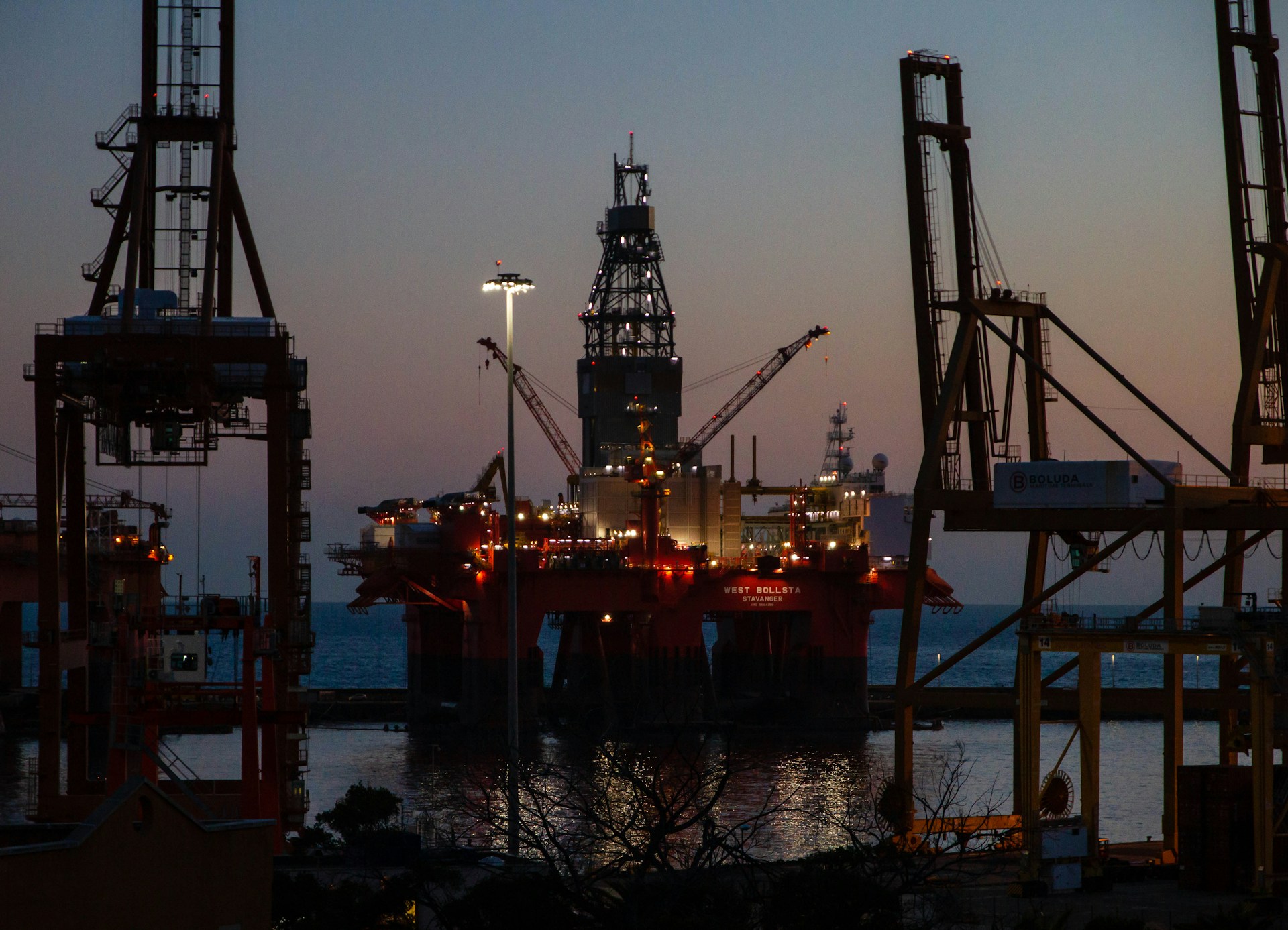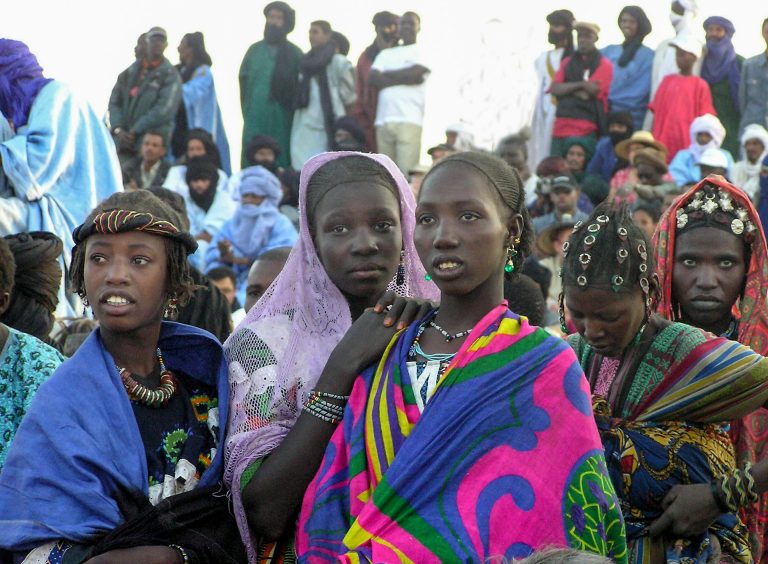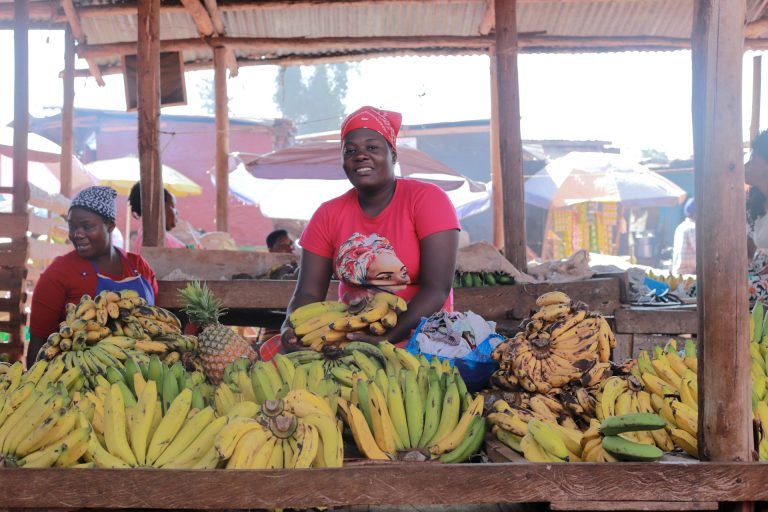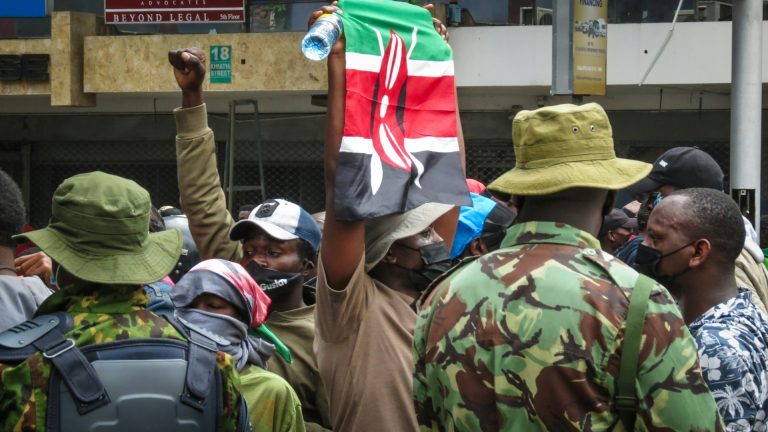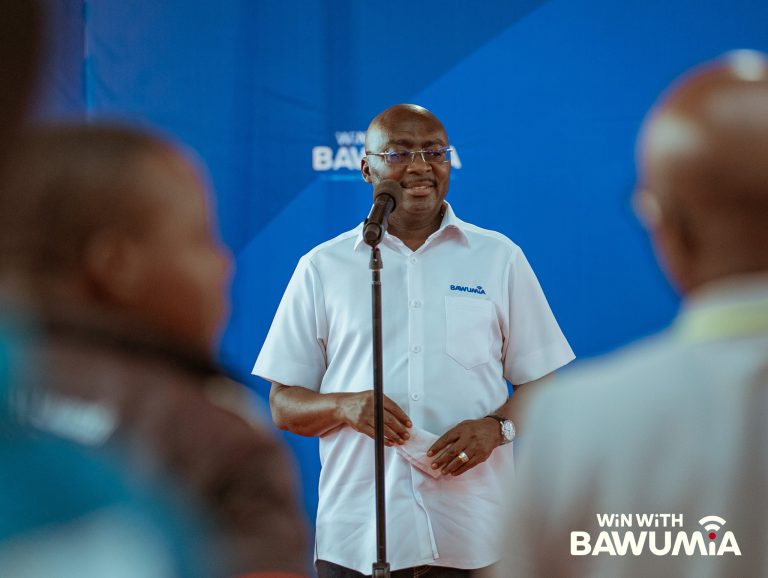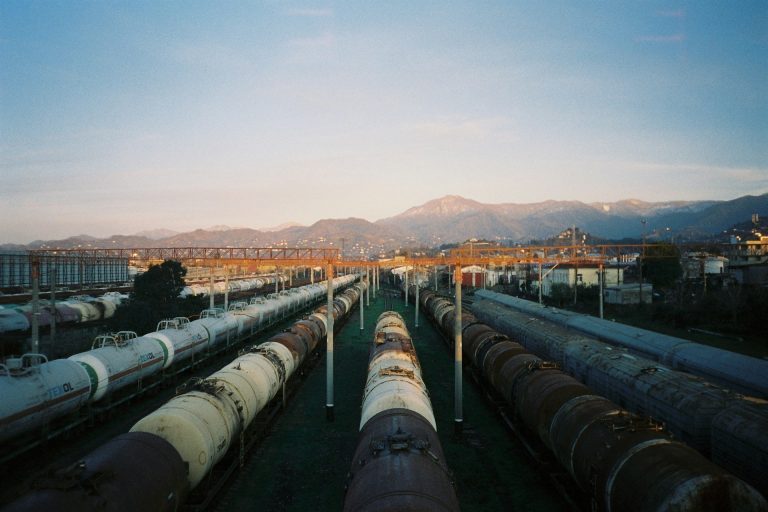- African upstream M&A enters a rapid consolidation phase
- Licensing rounds in Africa open new strategic opportunities
Africa’s upstream oil and gas industry is gearing up for a transformative year in 2026, with mergers and acquisitions (M&A) and a wave of licensing rounds reshaping its global relevance.
According to the African Energy Chamber (AEC) “State of African Energy 2026 Outlook” report, the continent’s upstream sector is in the throes of strategic realignment across global independents, international oil companies and indigenous operators.
The developments will be a central focus at the upcoming African Energy Week (AEW) 2026 conference, where participants will explore how corporate transactions and new licensing frameworks are redefining Africa’s energy landscape.
In the global context, upstream M&A totalled $51 billion in the first half of 2025, representing a decline from the second half of 2024. Deal-making has been hampered by market volatility, financial uncertainty and U.S. trade policy, prompting many companies to focus on bolt-on acquisitions, joint exploration ventures and capital returns to shareholders rather than large standalone transactions.
A shifting landscape for Africa’s upstream
In Africa, the M&A environment is undergoing rapid evolution. Global independent oil companies are increasingly divesting mature assets, enabling local and regional players to expand their portfolios. Over the past decade, Nigerian independents such as Seplat Energy, Oando, First E&P, Amni International, Conoil, Newcross Petroleum, Aiteo Eastern E&P, Neconde Exploration & Production and Shoreline Energy International have leveraged auctions and acquisitions to build significant upstream footprints.
Notable recent transactions include:
- ExxonMobil’s sale of a 30 % stake in Mobil Producing Nigeria Unlimited to Seplat;
- Eni’s divestment of its onshore Nigerian E&P subsidiary to Oando;
- TotalEnergies and Equinor’s Nigerian assets being transferred to Chappal Energies Offshore;
- In March 2025, Shell Petroleum Development Company of Nigeria Ltd was sold to a consortium of five largely indigenous Nigerian E&P firms — signalling the growing dominance of local operators in onshore activities.
These deals underscore the shift from traditional international production towards regional leadership, particularly as deep-water plays remain anchored by international majors. For instance, Shell’s final investment decision (FID) on the Bonga North deepwater project under Nigeria’s Petroleum Industry Act signals renewed investor confidence amid streamlined divestment approvals.
Beyond Nigeria, other African theatres are also seeing momentum. International trading houses are making strategic inroads: Vitol’s $1.65 billion acquisition of Eni assets in the Ivory Coast and the Republic of Congo enhances its African footprint and LNG supply chain; and Shell’s purchase of TotalEnergies’ 12.5 % stake in Nigeria’s Bonga field for $510 million reflects prioritisation of high-return projects aligned with global production strategies.
Crucially, licensing rounds across Africa are generating fresh upstream opportunities. Despite delays in Angola, Congo, Sierra Leone and Tanzania, early 2025 witnessed vigorous activity in Algeria and Libya.
Algeria’s first bid-round in a decade awarded five of six blocks, introducing improved production-sharing and fiscal terms; Libya’s first licensing exercise in 17 years, covering 22 blocks, featured revised fiscal terms aimed at boosting attractiveness to investors. These developments mark a clear trend towards investor-friendly upstream contracts across frontier and mature basins alike.
“The African oil and gas sector is set for significant consolidation in 2026, particularly among mid-size and African independent companies. This trend is driven by a desire for a more efficient and competitive environment, which is ultimately beneficial for both the continent and the industry in the long term,” said AEC Executive Chairman NJ Ayuk.
He added that while “cash remains the primary currency for most deals in Africa, an interesting development is the increasing use of stock-for-stock swaps.”
“The current climate in African oil and gas can be characterised by an ‘eat or be eaten’ mentality, with many companies prepared to be aggressive and opportunistic in 2026 as momentum builds,” Ayuk warned.
The forthcoming AEW 2026 will convene industry leaders, policymakers and major investors to examine how M&A and licensing strategies are shaping Africa’s upstream industry. With the continent’s energy production and reserves increasingly attracting global interest, the conference promises to spotlight Africa’s growing influence in worldwide energy markets and the chances emerging from ongoing corporate realignments.
